Can I Travel to Iraq Right Now? A Comprehensive Guide to Safety, Visa Requirements, and Practical Tips
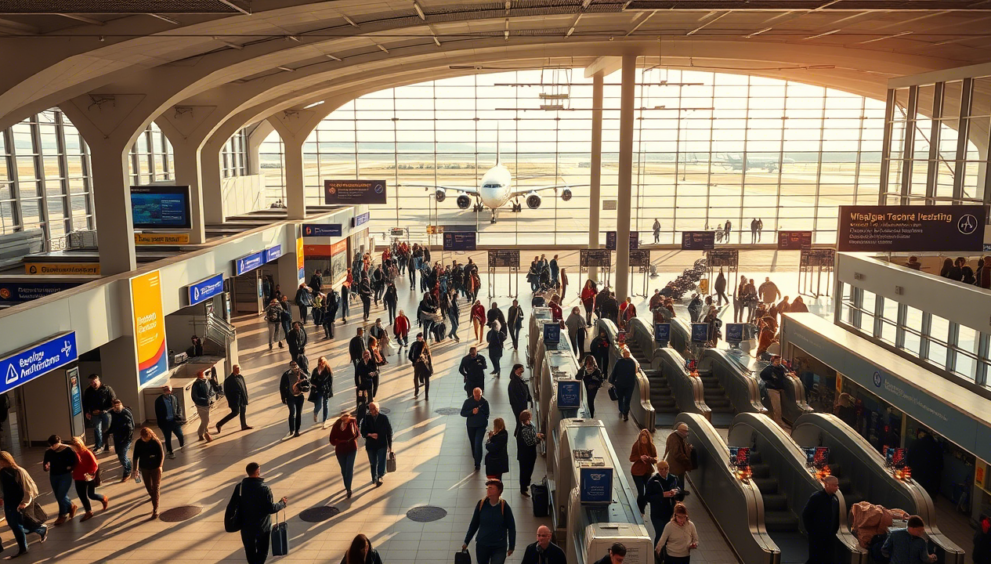
Can I Travel to Iraq Right Now?
Introduction
Iraq, a country rich in history and culture, has been a topic of international concern due to its turbulent past. As the region continues to stabilize, many travelers are wondering: Can I travel to Iraq right now? This comprehensive guide aims to provide valuable insights, current data, and practical tips to help you make an informed decision about visiting this fascinating yet complex country.
Overview of Current Travel Advisories
Before embarking on any journey to Iraq, it’s crucial to review the latest travel advisories from your home country’s foreign affairs department. These advisories are regularly updated based on the security situation and can provide critical information about areas to avoid and precautions to take.
- United States Department of State: The U.S. Department of State issues travel advisories that range from Level 1 (Exercise Normal Precautions) to Level 4 (Do Not Travel). As of the latest update, much of Iraq is rated at Level 4 due to the risk of terrorism, kidnapping, and armed conflict.
- United Kingdom Foreign, Commonwealth & Development Office (FCDO): The UK FCDO also provides detailed travel advice, which often includes specific regions to avoid, such as Baghdad and the western provinces.
- European Union External Action (EEAS): The EU’s travel advice is similar, emphasizing the high risk in certain areas and the need for extreme caution.
Safety and Security Concerns
The safety and security situation in Iraq is a primary concern for potential travelers. Here are some key points to consider:
- Terrorism: Despite significant progress, the threat of terrorism remains a significant concern. ISIS, though weakened, still has the capability to launch attacks.
- Kidnapping: Foreigners, especially those from Western countries, are at risk of being targeted for kidnapping.
- Armed Conflict: Certain regions, particularly those near the borders with Syria and Iran, continue to experience sporadic armed conflict.
Regions to Avoid
While some parts of Iraq are safer than others, certain regions should be avoided by tourists:
- Baghdad: The capital city remains a high-risk area due to the potential for terrorist attacks and civil unrest.
- Anbar Province: This western region is still recovering from the conflict with ISIS and has a high risk of violence.
- Ninewa Province: The area around Mosul, while improving, still has residual conflict and security issues.
- Salah ad-Din Province: Similar to Ninewa, this region is still not fully stable and should be avoided.
Safe Travel Destinations
Despite the overall security concerns, there are regions in Iraq that are considered relatively safe for travel:
- Kurdistan Region: The semi-autonomous region in northern Iraq, including cities like Erbil and Sulaimaniya, is generally safer and more stable. These areas have a well-developed tourism infrastructure and are visited by international travelers.
- Najaf and Karbala: These holy cities are important pilgrimage sites and are generally safe for religious tourists. However, it’s advisable to travel with a local guide and avoid areas outside the city centers.
Visa Requirements
If you decide to travel to Iraq, you’ll need to obtain a visa. The process can vary depending on your nationality and the purpose of your visit:
- Tourist Visa: A tourist visa is required for travel to Iraq. You can apply for it at the nearest Iraqi embassy or consulate. The visa application process typically involves providing detailed personal information, travel itinerary, and proof of accommodation.
- E-Visa: Some countries allow travelers to apply for an e-visa online, which can be a more convenient option. Check the Iraqi government’s official website for the most up-to-date information.
- Entry Requirements: Upon arrival, you may need to provide additional documents such as a hotel reservation, return flight ticket, and proof of travel insurance.
Travel Tips and Precautions
If you decide to visit Iraq, here are some practical tips to ensure your safety and enhance your travel experience:
- Research Thoroughly: Stay informed about the latest travel advisories and security updates. Follow reliable news sources and local social media groups for real-time information.
- Hire a Local Guide: A local guide can provide valuable insights and help you navigate the country safely. They can also assist with language and cultural barriers.
- Stay in Reputable Accommodation: Book your stay in well-reviewed hotels or reputable guesthouses. Avoid staying in areas with a high risk of crime.
- Travel Insurance: Ensure you have comprehensive travel insurance that covers medical emergencies, evacuation, and other contingencies.
- Emergency Contacts: Keep a list of emergency contacts, including the nearest embassy or consulate, local police, and your travel insurance provider.
- Dress Appropriately: Iraq is a conservative country, and it’s important to dress modestly, especially when visiting religious sites.
- Respect Local Customs: Show respect for local customs and traditions. This includes greeting people with “Salaam” and avoiding public displays of affection.
Transportation and Logistics
Traveling within Iraq can be challenging but manageable with proper planning:
- Air Travel: Baghdad International Airport and Erbil International Airport are the main entry points. Flights to these destinations are available from major international hubs.
- Ground Travel: Domestic travel by road is possible but should be undertaken with caution. Use reputable transport companies and avoid traveling at night.
- Local Transportation: In safer regions like Kurdistan, local transportation such as taxis and public buses is available. However, it’s advisable to use licensed services to ensure your safety.
Cultural and Historical Sites
Iraq is home to some of the world’s most significant historical and cultural sites. If you visit the safer regions, here are a few must-see attractions:
- Erbil Citadel: This ancient citadel in Erbil is a UNESCO World Heritage site and offers a glimpse into Iraq’s rich history.
- Hatra: An ancient city in the Nineveh Plain, Hatra is known for its well-preserved ruins and is a UNESCO World Heritage site.
- Kurdistan Museum: Located in Erbil, this museum provides a comprehensive overview of the region’s history and culture.
- Al-Taqya Mosque: In Najaf, this mosque is a significant religious site and a beautiful example of Islamic architecture.
Health and Medical Considerations
Healthcare in Iraq can be limited, especially outside major cities. Here are some health tips to keep in mind:
- Vaccinations: Ensure you are up-to-date with routine vaccinations and consider additional vaccines such as hepatitis A, typhoid, and rabies.
- Medications: Bring an adequate supply of any prescription medications you need. Pharmacies may not stock all international medications.
- Water and Food Safety: Drink only bottled water and avoid street food to minimize the risk of waterborne and foodborne illnesses.
- Medical Insurance: Ensure your travel insurance includes coverage for medical emergencies, including emergency evacuation.
Communication and Connectivity
Staying connected while in Iraq is important for safety and convenience:
- SIM Cards: You can purchase a local SIM card at the airport or in major cities. This will provide you with local phone service and internet access.
- Wi-Fi: Wi-Fi is available in most hotels and some public areas, but connectivity can be inconsistent.
- Language: Arabic is the official language, but English is spoken in many tourist areas. Learning a few basic Arabic phrases can be helpful.
Conclusion
Traveling to Iraq is a complex decision that requires careful consideration of safety, security, and logistics. While certain regions are safer than others, the risk of terrorism and conflict remains a significant concern. If you decide to visit, thorough research, proper planning, and adherence to travel advisories are essential. The rich history and culture of Iraq make it a compelling destination, but it’s important to prioritize your safety above all else.
Key Takeaway
If you are considering a trip to Iraq, ensure you are well-informed about the current travel advisories and take all necessary precautions to protect your safety. Explore the safer regions, such as the Kurdistan Region, and enjoy the unique cultural and historical experiences Iraq has to offer.





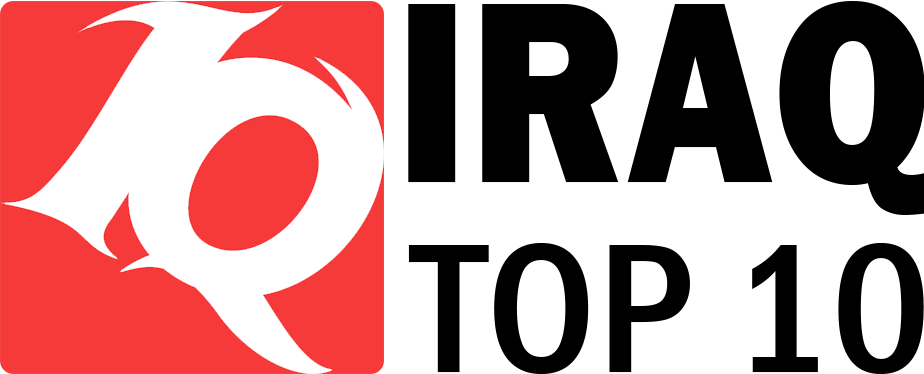



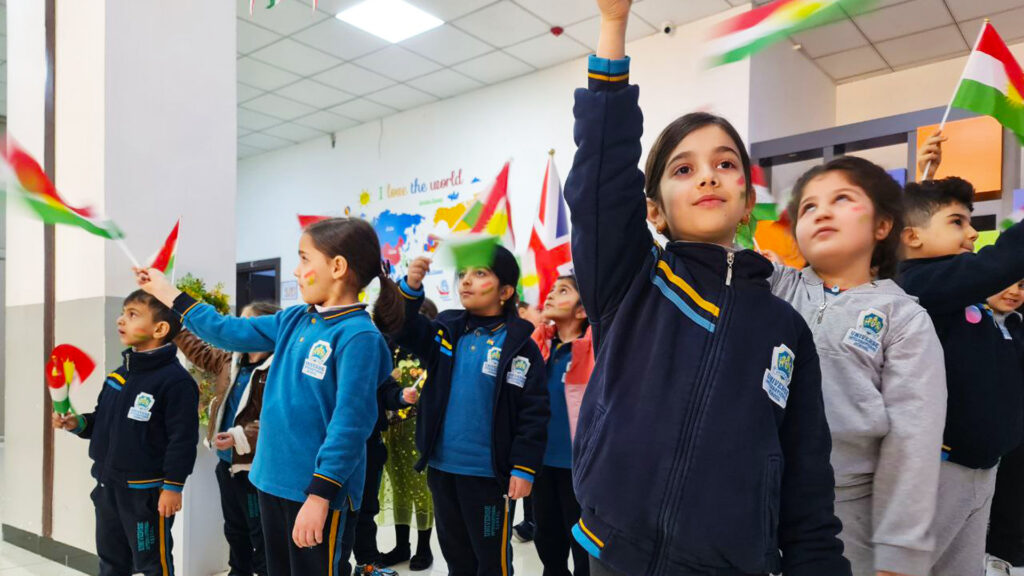




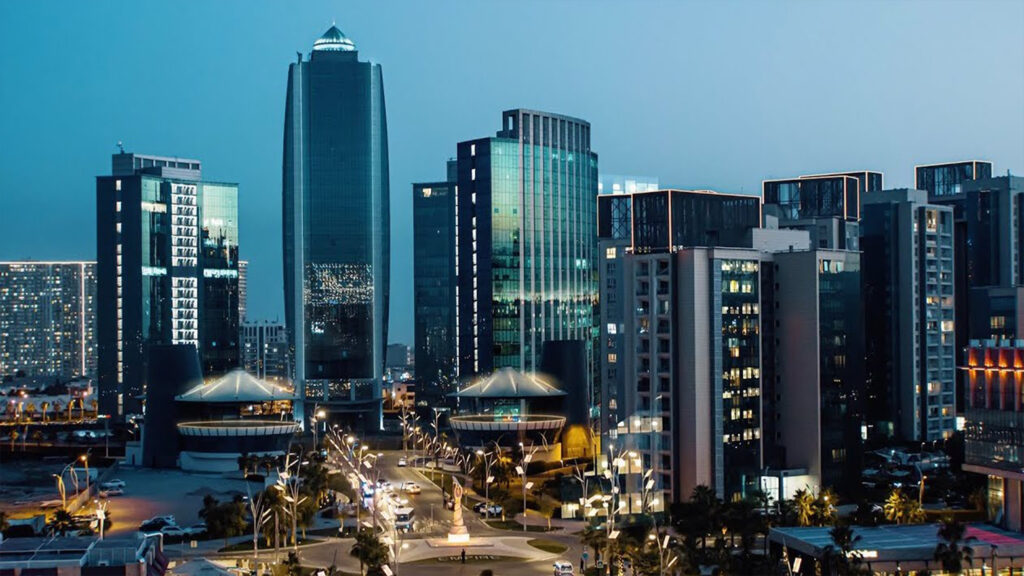
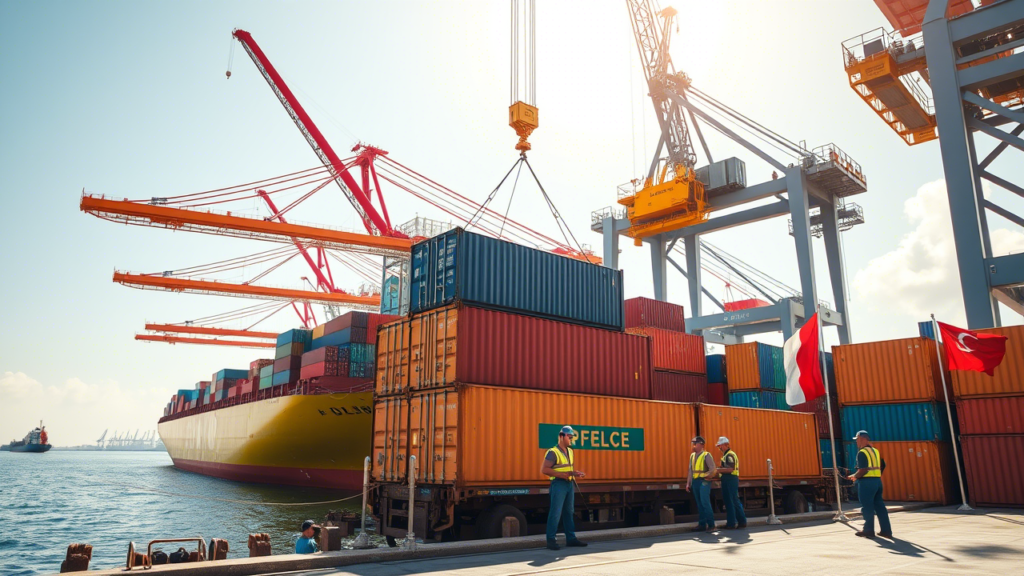

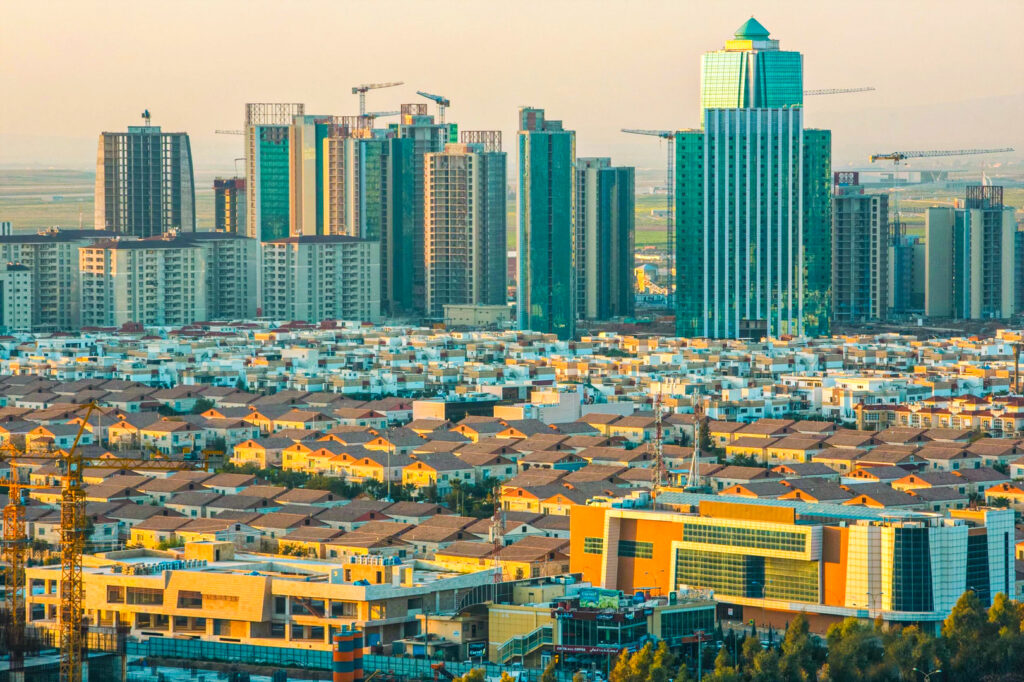

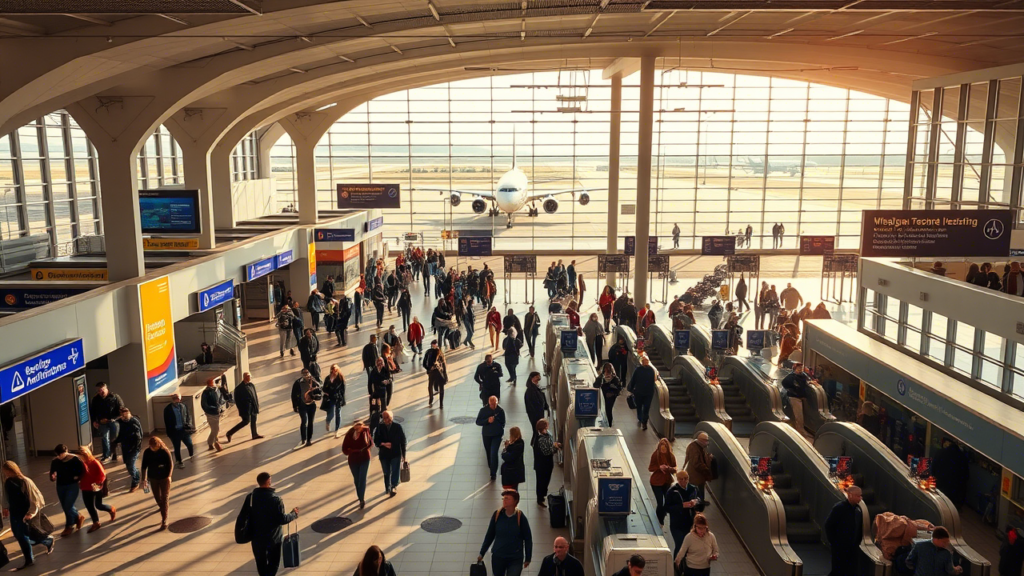











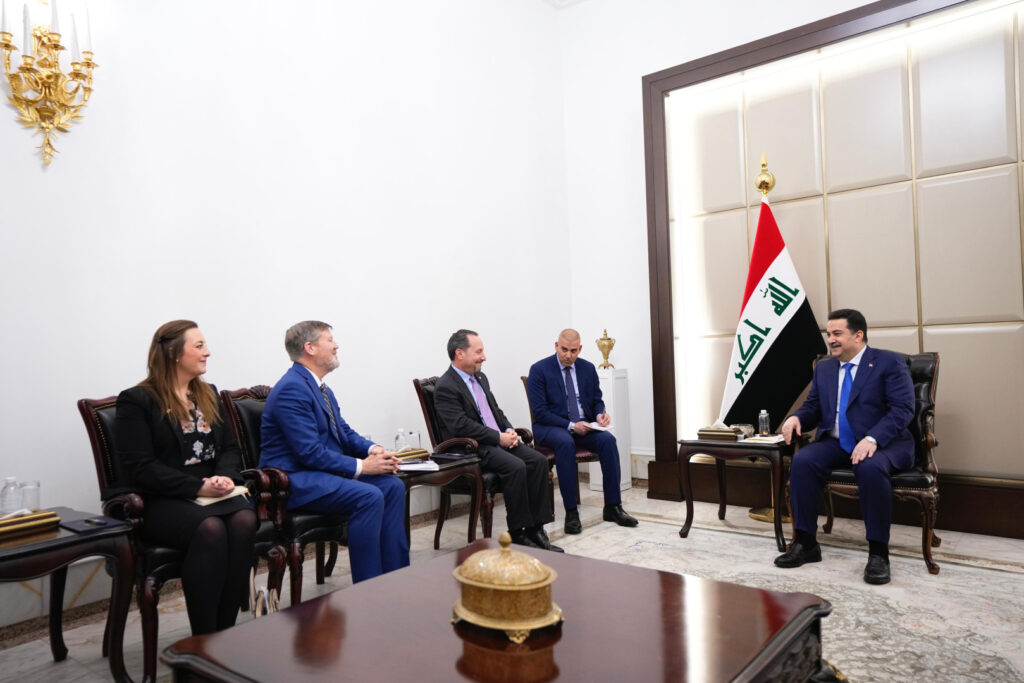
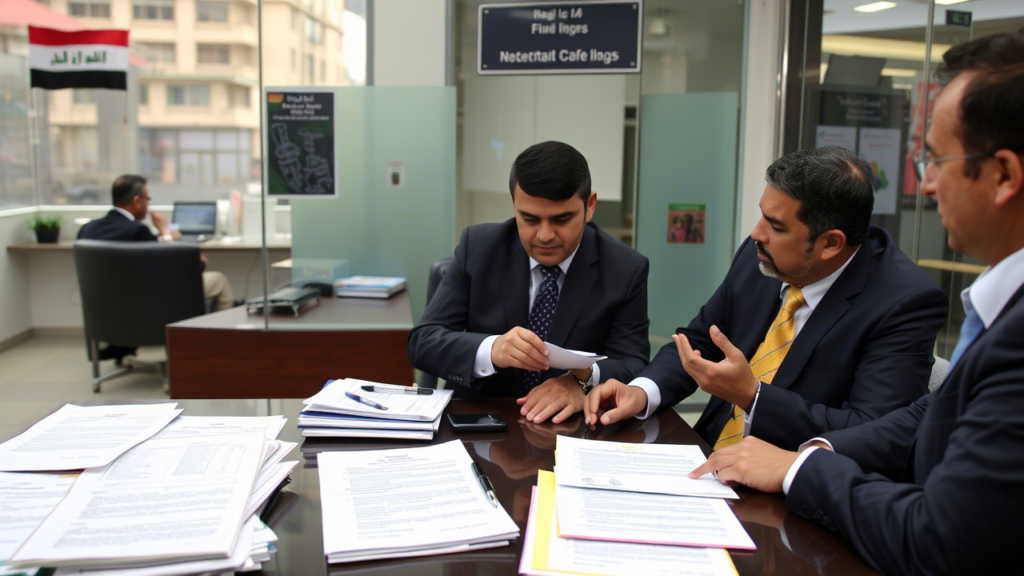
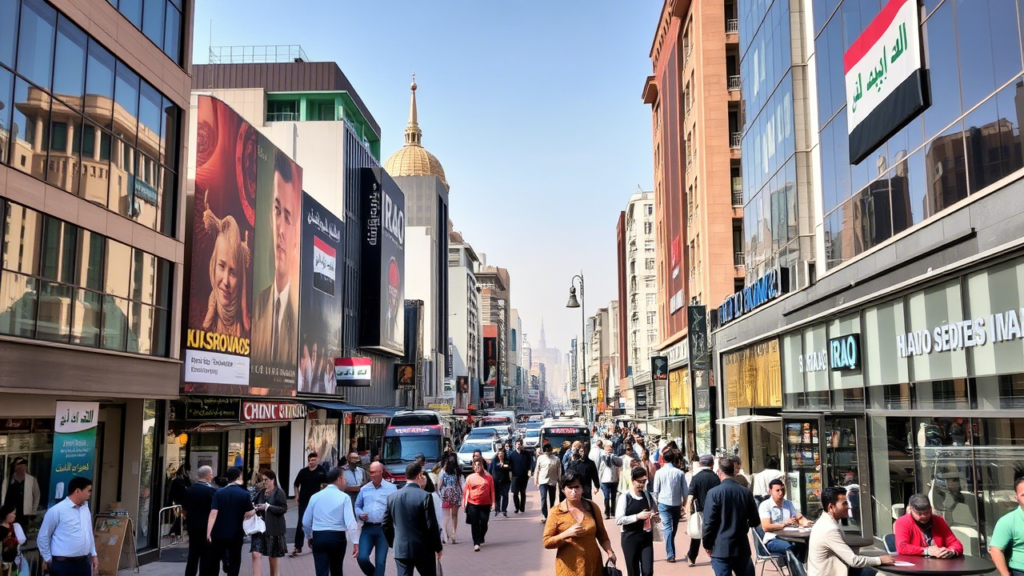
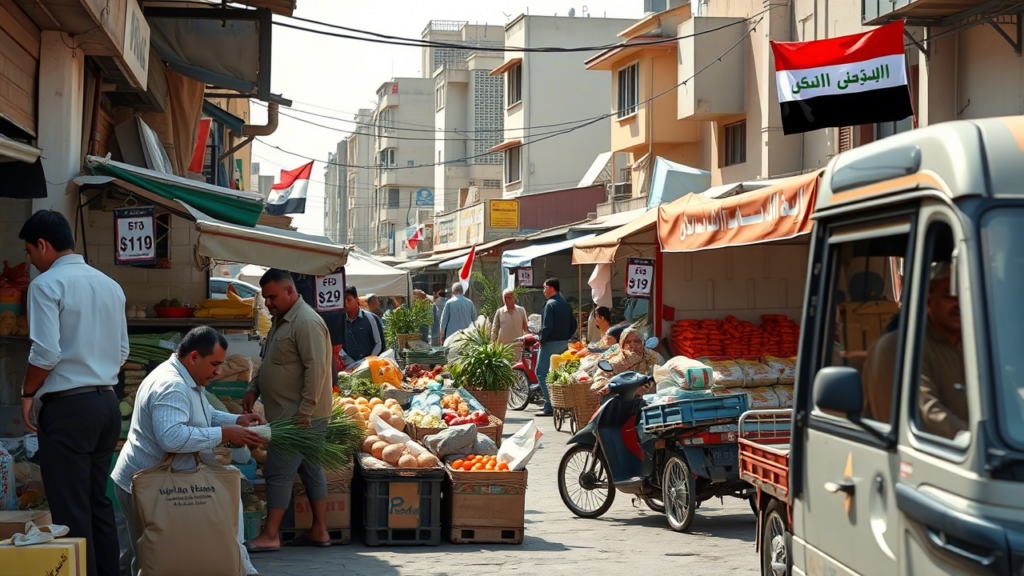
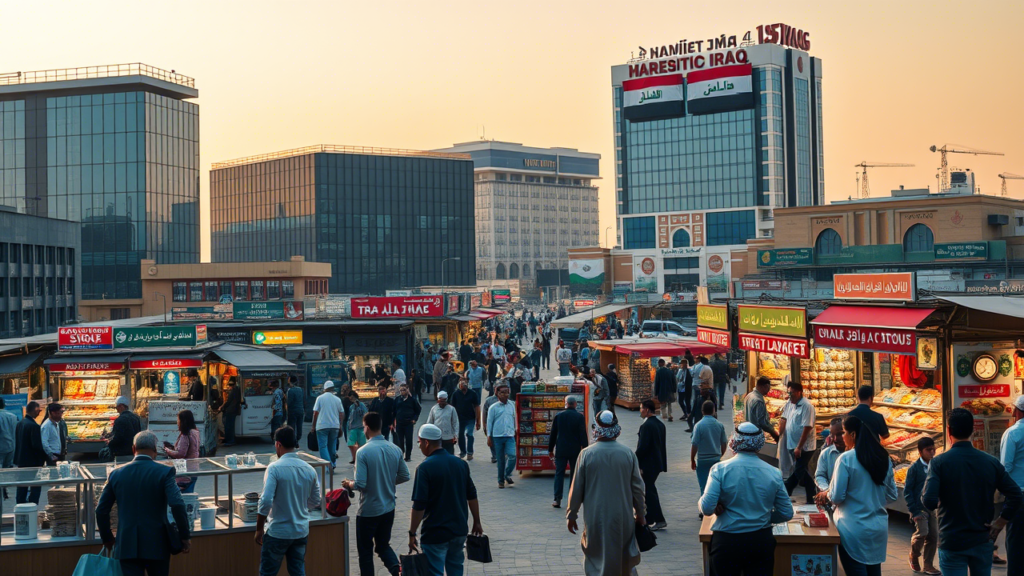

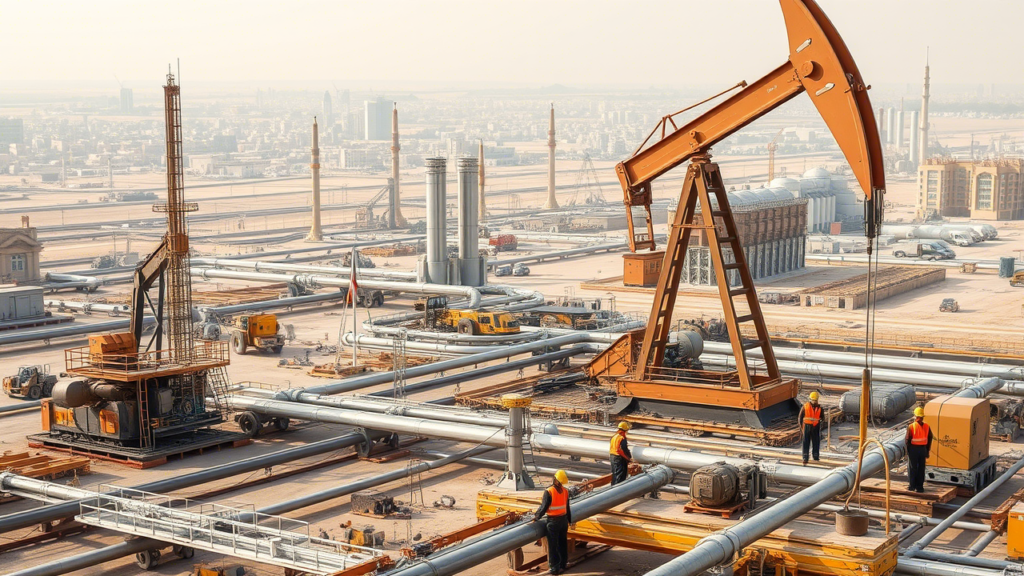
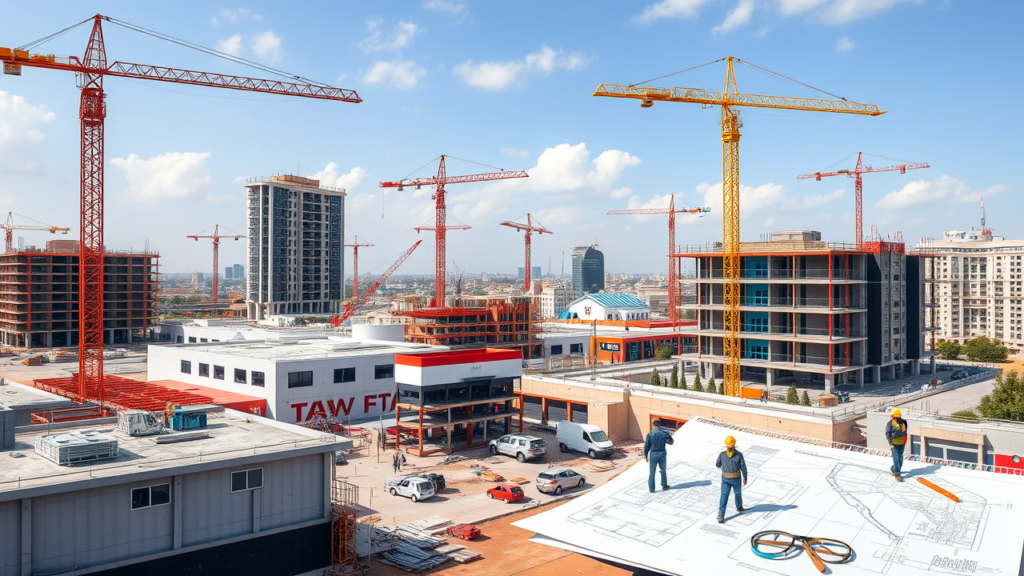


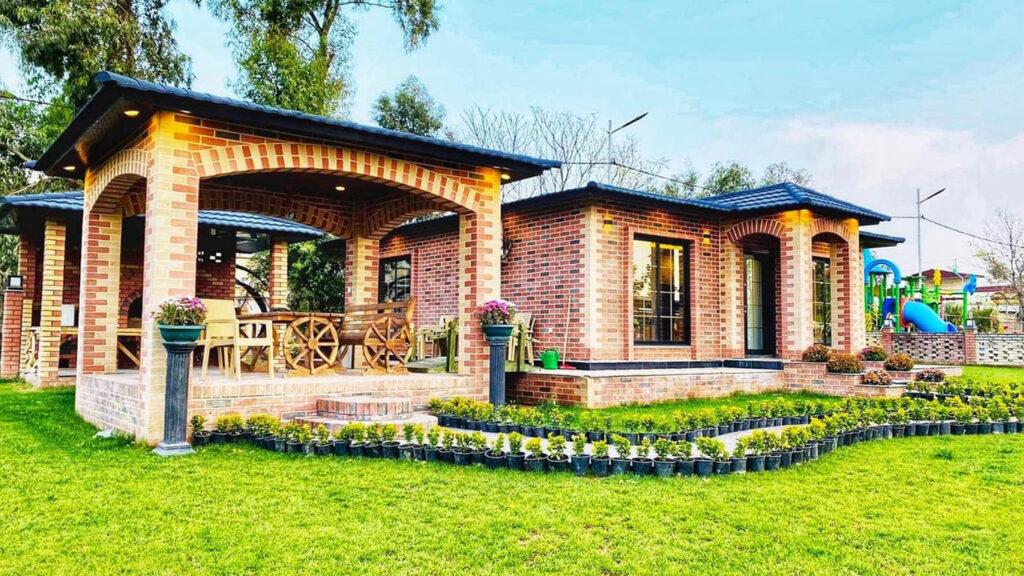

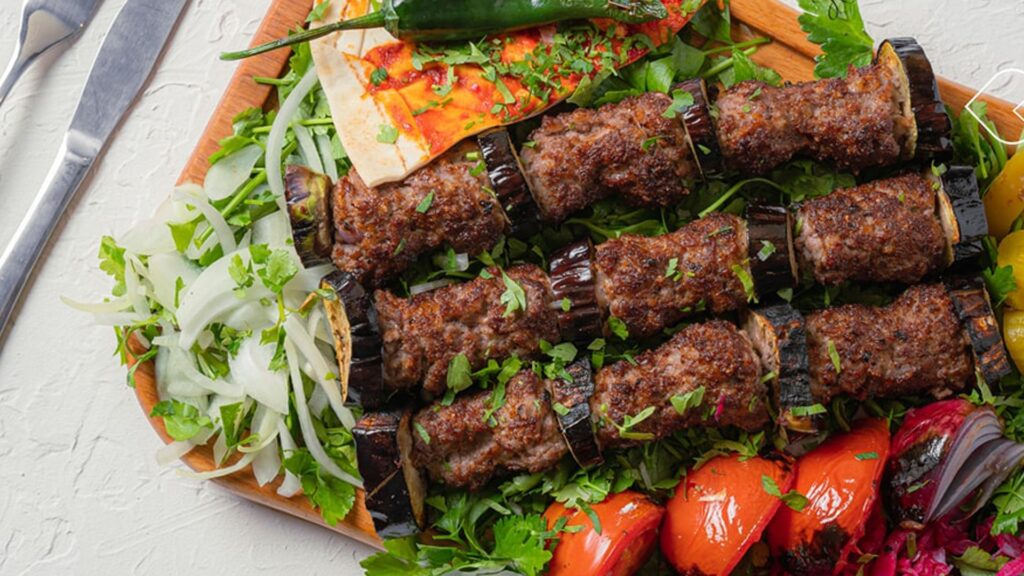
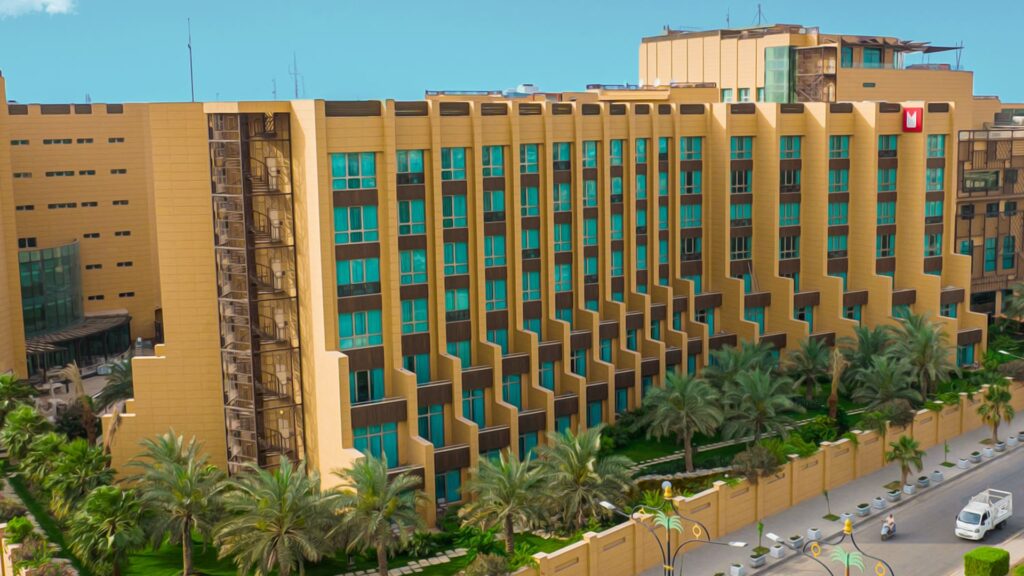
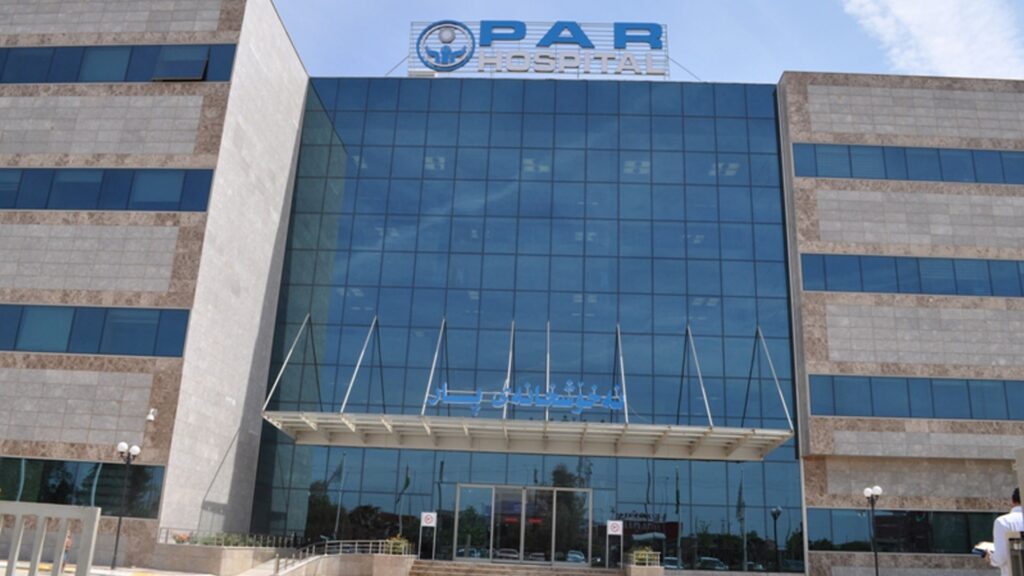




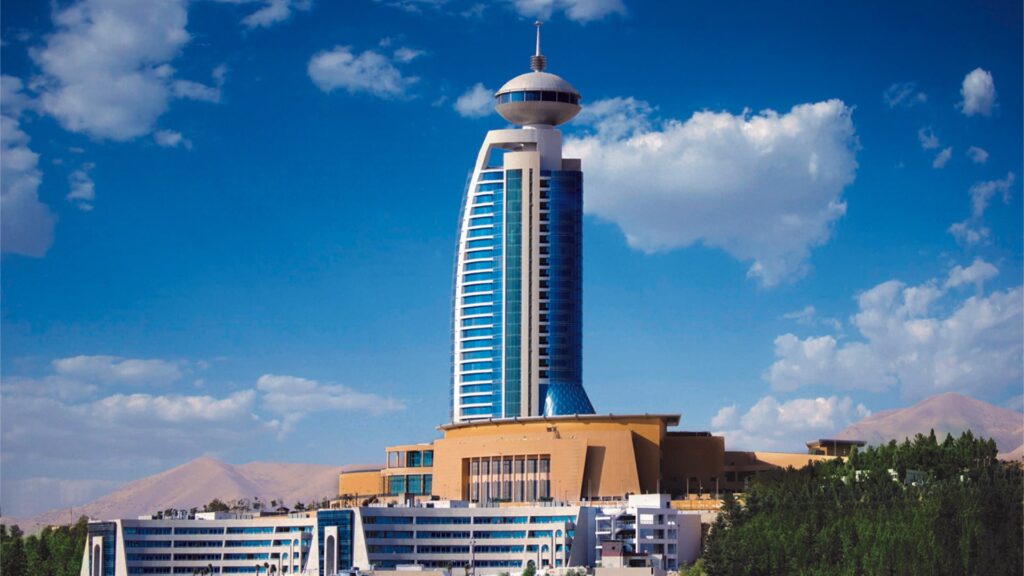
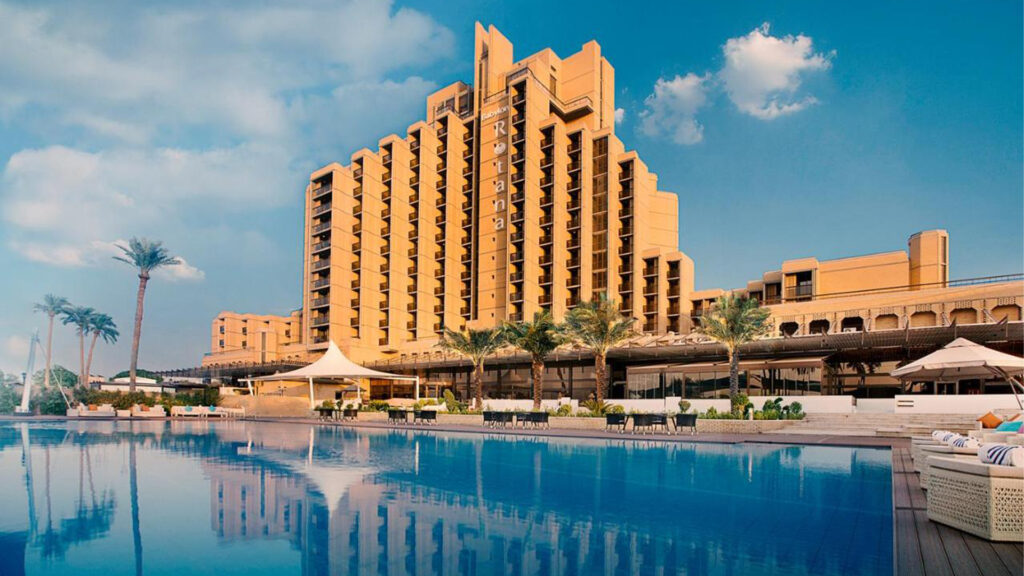






* * * Get Free Bitcoin Now * * * hs=4b481276c28fcaec89ca75ccdf970ae9* ххх*
03rd May 2025Your comment is awaiting moderation.
zrb5gy